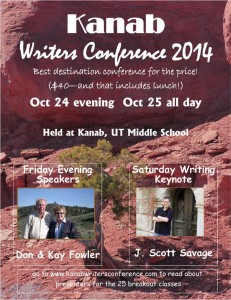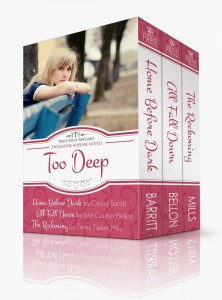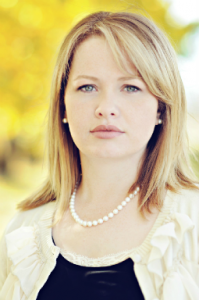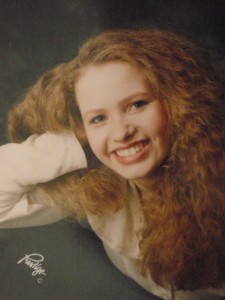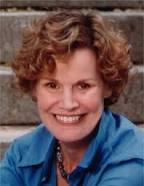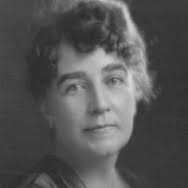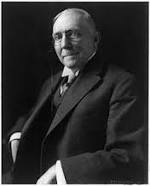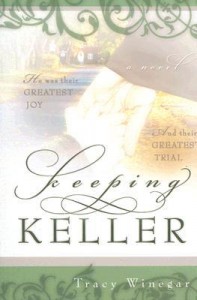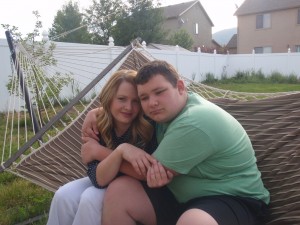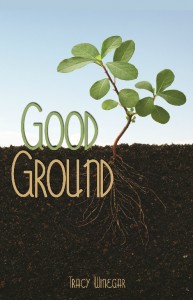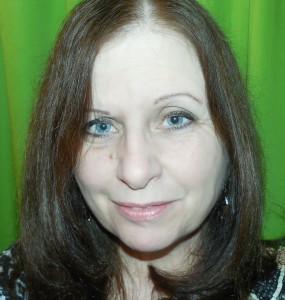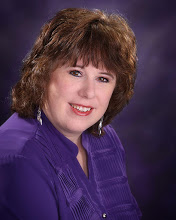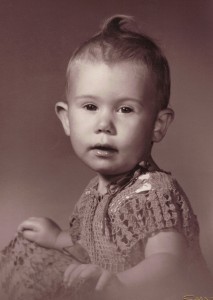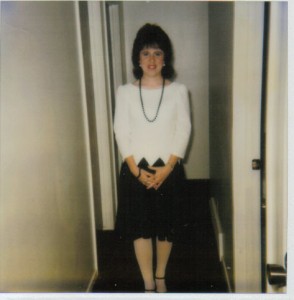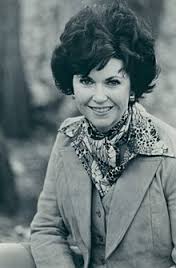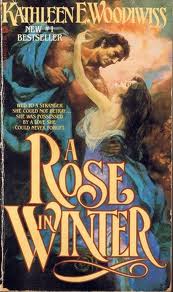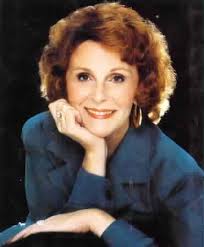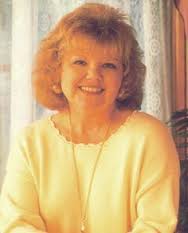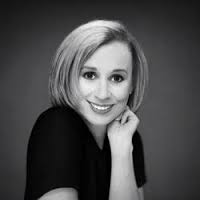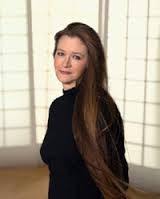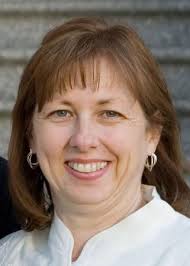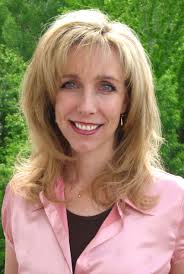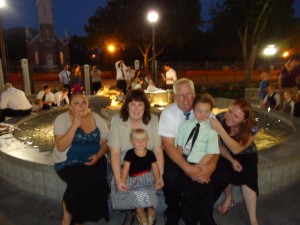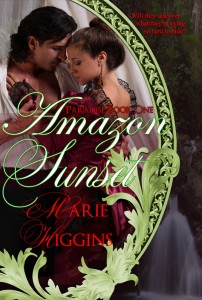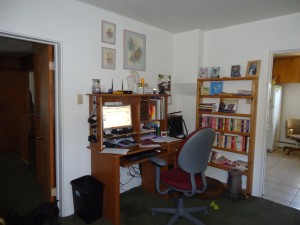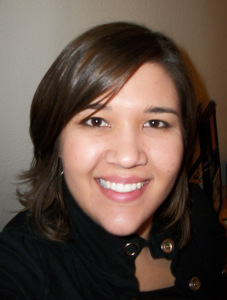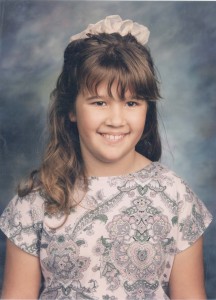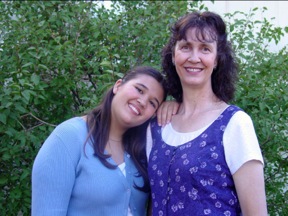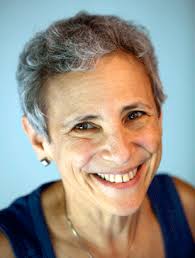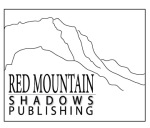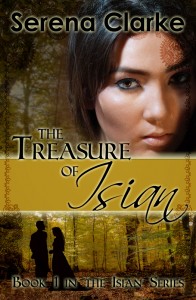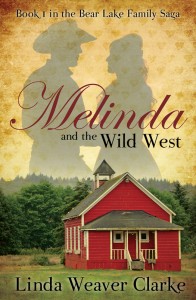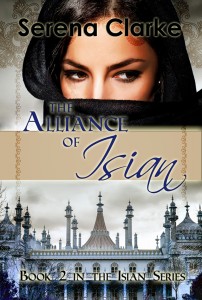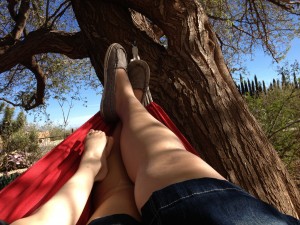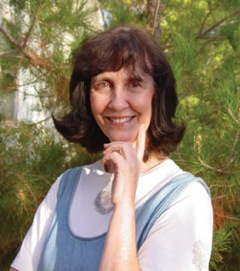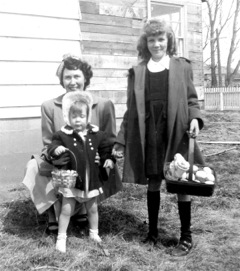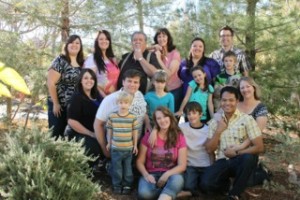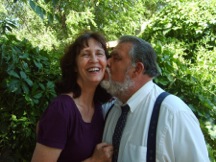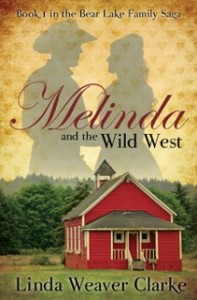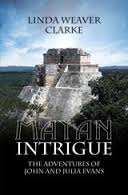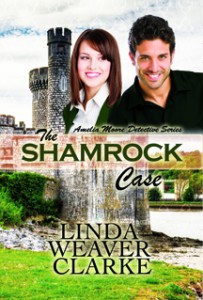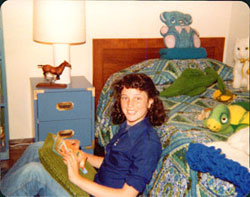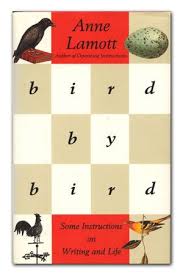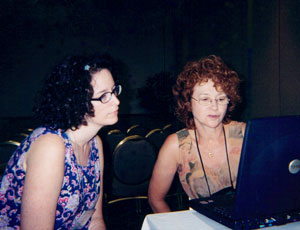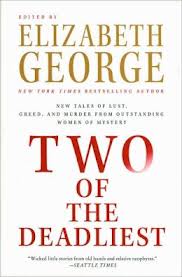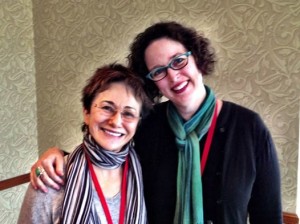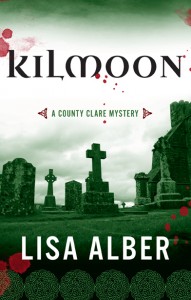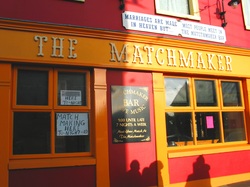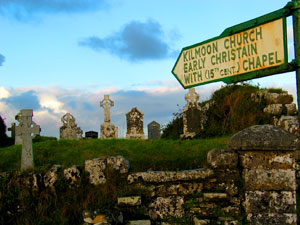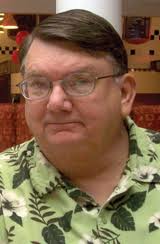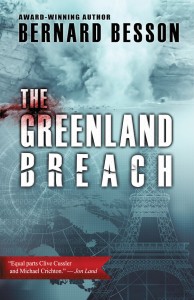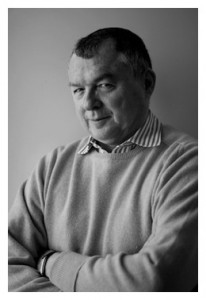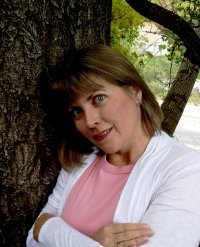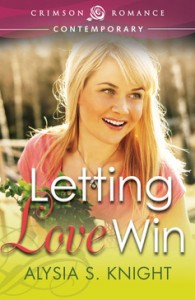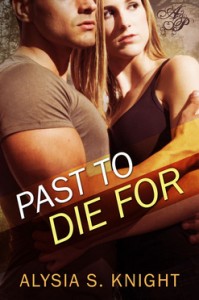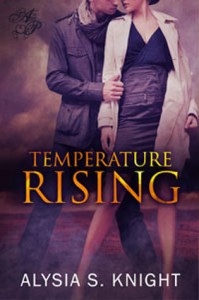A lover of history, particularly that of the American Southwest, Virgil Alexander pens mysteries set in that region. His mysteries explore current issues as well as the different cultures of those that live in Arizona, be they white ranchers, Native Americans, or Mexican immigrants. I featured his latest, SAINTS AND SINNERS, just this past Monday, but let’s get to know the author better.
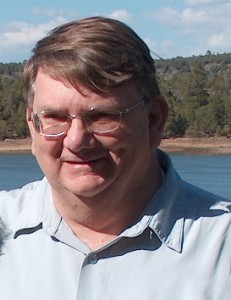
ME: Growing up in Arizona as you have, and raising horses and livestock, who turned you on to reading—your mother or your father, or both? And which book in your youth first gave you the idea that one day you might like to try writing fiction yourself? (Please provide a picture of you as a child in Arizona, either camping or riding a horse.)
VIRGIL: I have loved reading as far back as my memory goes. Even before I could read Mom would read to me (as well as the other kids). We had two or three hundred children’s books, and a good encyclopedia; I think we had every “Little Golden” book ever printed. (I remember those!) As I think about it, that is remarkable because we were poor with very little disposable income, yet we were rich in books.
Mom was herself an ardent reader and a constant student; she read almost every genre, the Bible, many magazines, the daily paper, and loved history, archeology, and geography. (She sounds like a woman after my own heart.) So there is no doubt that she was my earliest and strongest reading influencer, but Dad was also a frequent reader. He was a very physically active man, a skilled outdoorsman, hunter, cowboy, mechanic, and equipment operator. He read the paper every day and would read western paperbacks in the evening. Strangely enough, I have always enjoyed writing; I can’t remember a seminal event that spurred it. I got a lot of recognition in school for my written answers, reports, and term papers so maybe the recognition encouraged me to keep writing.
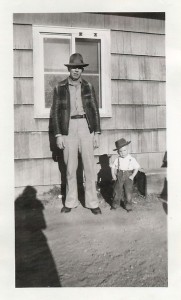 (The author as a child with his Great Uncle Virgil, his mother’s uncle)
(The author as a child with his Great Uncle Virgil, his mother’s uncle)
ME: When and why did you first get interested in the ranch history of Gila County, Arizona?
VIRGIL: Our family routinely explored back roads and trails within thirty miles of our home, so we grew up knowing where ranches were and some of their history, as well as a number of the ranchers personally. When I was a little kid and people would ask me what I wanted to be, the answer was, “a cowboy and a preacher.” So the interest was just intrinsic in me.
I was never as skilled in cowboy things as my two brothers, and none of us could hold a candle to Dad’s skills. I loved riding and was good at all the work of taking care of our horses and livestock (didn’t like it all that much), but never qualified, as hoped, to be a cowboy. Ironically I did become a preacher – I joined the LDS Church at 16 and served a mission to Canada from age 19-21, and was later a bishop and high councilman, so have done a lot of preaching.
What started me working on Ranching in the Heart of Arizona – The history of ranching in Gila County, was a conversation with a life-long friend and school-mate, a ranch owner named Jane Bohme Hale. We were lamenting the passing of a long time rancher and I said something like, “Somebody should get these people’s history before they are all gone.” Jane said, “Why not you? You are good at writing and are interested.” Why not? I started researching and interviewing shortly after that.
(Good for her!)
ME: Why did you go into mining? And please share a couple of your most interesting trips abroad as a corporate businessman for an international mining company? (Plus photos. :D)
VIRGIL: Globe and Miami were founded in support of mining, first rich silver and gold deposits, then even richer deposits of copper. Ranching, government, and tourism are also important parts of the local economy, but 80% of the families either work in the mines or are secondary businesses or organizations supported by the mines and the family budgets of miners.
Mining towns are a real melting pot of people from many countries, with many skills and professions. They probably have a larger proportion of scientists, engineers, technologists, and business professionals than most major cities, with the difference that people of all economic strata attend the same schools, churches, and organizations. They are vital and interesting places to live.
(Actually, I can understand that having recently moved from the Tri-Cities in Washington, where everything developed around nuclear engineering…similar type of melting pot.)
As a native of that community, and considering the fact that mining paid better and offered opportunity for education and advancement, mining was more or less a natural choice for a career. I started as a laborer and eventually became a corporate process manager and technical superintendent.
 (Arequipa, Peru)
(Arequipa, Peru)
One of our South American properties was a mine near Arequipa, the second largest city in Peru. I made dozens of one or two week visits there and enjoyed the place and the people.
I will mention two interesting things about working at that mine. When we first acquired the mine, in the process of analyzing its strengths and weakness many existing employees of all levels of the company were interviewed. We could not help but notice that virtually all the female employees out of a total workforce of over 600 were clerical workers, single, and quite attractive. As an executive secretary was interviewed, the interviewer somehow found out she was married; she broke into tears and begged them not to tell anyone, or she would be fired. It turned out that part of the job of a clerical worker was to be mistress to her boss; to avoid any problems with husbands they required the workers to be single. It took us years to change the culture toward female employees. I moved two Peruvian female engineers onto my team and stood behind them as they took leadership over the old guard and eventually gained acceptance. (Good for you!)
On one two week project we worked the weekdays but had the weekend open, so I arranged with the company to book our team for a tour of Cuzco and Machu Pichu. We flew to Cuzco, toured the city and the nearby Sacsayhuaman ruins. We took the train to Machu Pichu, toured that ruin, and then flew by helicopter back to Cuzco. It was an unforgettable experience of breathtaking beauty and ancient marvels.
(I’ll let the pictures speak for themselves.)
 (Cuzco, Peru)
(Cuzco, Peru)
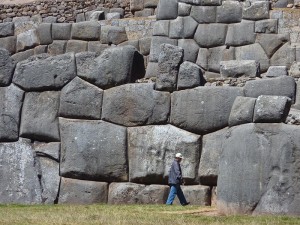
(Sacsayhuaman)

(Machu Pichu)
While there were many interesting assignments, I really enjoyed conducting a weeklong project at our plant in Rotterdam, Holland. Not only was the plant a marvel of great processes and effective management, but the people were wonderful and the history and scenery were terrific. I loved the old fortified city of Brielle, with its great history.
 (Brielle, Holland)
(Brielle, Holland)
ME: When did you write your first piece of fiction on your own (meaning other than as a school assignment) and what was it about?
VIRGIL: I dabbled with short fiction stories on my own throughout my youth, generally with my only readers being my mom and my pal, Dale. I started my ranch research in about 2007. My first attempt at a commercial fiction story was inspired by the migration of the Bohme ranch family from Texas to Arizona in 1885. I wrote a piece about a young man leaving home to help on the cattle drive and falling in love with the Arizona frontier. I sent it to a few magazines and literary journals, but it received no interest.
(Sounds like it was a good start, though.)
ME: You say you’ve also written poetry, and since we’ve just concluded National Poetry Month, would you mind sharing one of your shorter poems?
VIRGIL: Most of those were written before I was married, and perhaps fortunately, they are lost somewhere in my unpacked moving boxes. One I was proud of and actually illustrated with pen and ink sketching was about the Superstition Mountains, and it was several pages long. I typed it on my portable typewriter while at Eastern Arizona College, I think, in 1964. I really don’t think I am good poet, but I enjoyed it. The following, based on an actual incident of my Dad’s, is the only piece of my so called poetry I could find:
The Day We Lost Buck
by Virgil Alexander
Buck was a big horse; Buck was a good horse,
he knew all the tricks a’ the trade.
When he was a ropin’ at a hard run or lopin’,
he saw that the catch was made.
No cow, young or old, frightened or bold,
could leave the herd with Buck on guard;
He’d cut and he’d bite, he’d kick and he’d fight,
‘til at night the cattle was in Cherry Creek yard.
Dub the cowboy, on Buck astraddle,
he knew all the tricks a’ the trade.
On Alf Devore’s roundup Dub drove the cattle,
an’ deserved ever’ cent he was paid.
Deer season, ‘n cowboy turned hunter,
riding old Buck, he had good luck,
but when he pulled the trigger,
with no warnin’ Buck went amok.
He threw Dub ‘midst a cedar, spinnin’ like a beater,
he rolled, he leaped, he jumped, all a’ quiver
‘til he broke the reins, lost the saddle,
an’ kickin’ and pootin’ hightailed it up Salt River.
Alf and the boys come a gawkin’ “Why the big noise?”
They was still a laughin’ as they spurred after old Buck.
Pickin’ up the trail and Dub’s scattered toys
they searched ridge and canyon without any luck.
Alf said, “Buck was a big horse; Buck was a good horse,
An’ he knew all the tricks of the trade.
He could do the job, and keep the cattle a’ mob,
but he might a’ been gun shy, I’m afraid.”
(:D)
ME: In what way is the American Southwest a leading character in your writing?
VIRGIL: I spend a lot of time describing the setting, geology, natural history, and human history in my stories. For example THE WHAM CURSE begins with:
“The Southeastern boundary of the San Carlos Apache Indian reservation in central Arizona is located in a remarkable “mixing and jumbling” of geology, as if the Apache ga’an (mountain spirits) had stirred these ranges, mesas, canyons, plateaus, and broad valleys with huge trowels into a great practical joke on puny man. Among these features, seemingly occurring with total randomness along canyons and washes are peculiar cliffs consisting of large river rocks of many types and colors mixed into a matrix of hard pale-tan caliche.
The cliffs have a rugged texture consisting of many protruding rocks and of holes of varying size and depth where boulders have been eroded free of their surrounding matrix. Some rocks long ago fell to the sand wash below the cliffs and some remain in their little cave created by wind and rain. These holes are used by insects, snakes, rodents, and birds as nesting places; and sometimes by man as a place to stow or hide something.
Earl “Boy” Begay lived in his grandma’s home on the reservation, and often played and explored along the bottom of these cliffs. He liked nothing better than mysterious places. He…”
Note there are two descriptive paragraphs of the setting before the first character is mentioned.
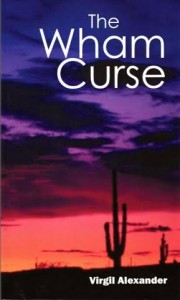
ME: Tell us more about your first novel, THE WHAM CURSE, and its historical background. What writing process did you follow to produce it?
VIRGIL: I have been a student of Southwestern history since I was in elementary school, so I was surprised when, as part of my ranch research, I stumbled on the story of the ambush and robbery of Major Joseph Wham’s US Army payroll escort near Ft. Thomas in 1889.
I got sidetracked and researched it and discovered that it is one of Arizona’s lost treasure stories. It occurred to me that fictionally answering the question of what happened to the loot (it is lost by the robbers), and what would happen if found today (for one thing a murder), would make a really good story line.
(I agree!)
My process was simple. I imagined the plot and the characters I wanted involved, and the problems and subplots that might take place in such a story. I turned this into a general outline and started writing. As I developed the story I did a lot of research on each scene and the processes that would be involved in it. I found myself working in a series of vignettes, and have continued to use that technique.
ME: You say SAINTS AND SINNERS is a sequel, to be followed by The Baleful Owl. What are the basic themes in this series and what are you hoping readers will take away from it?
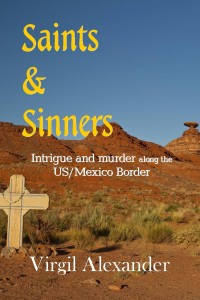 VIRGIL: The continuing themes from one story to the next include: 1) the setting is rural and small town; 2) the three main characters, who share a trust and friendship; 3) recurring supporting characters; 4) continued development of the characters’ family and personal relationships; and 5) description of setting, geography, ecology, geology, and human and natural history.
VIRGIL: The continuing themes from one story to the next include: 1) the setting is rural and small town; 2) the three main characters, who share a trust and friendship; 3) recurring supporting characters; 4) continued development of the characters’ family and personal relationships; and 5) description of setting, geography, ecology, geology, and human and natural history.
I felt particularly moved when developing my characters to create them with differences, but each with a strong moral compass. Al is a student of his Apache Heritage, yet he is also an ordained deacon in the Catholic Church. Bren is a faithful Mormon. Manny is a Catholic, but in many ways has some of my own characteristics, such as his love of local history and his efforts to research everything. These three fully respect each other and consider each to be equally Christian. I hope to let the reader see that we can be different but still value the good in others.
In the end my desire is to create a story the reader will enjoy and characters with whom they can identify.
ME: Which authors have influenced you the most in terms of Western fiction, and how?
VIRGIL: The summer before I started high school, I found the full collection of Zane Gray westerns in the Miami Public Library and read every one of them. As my introduction to western fiction that event was very important.
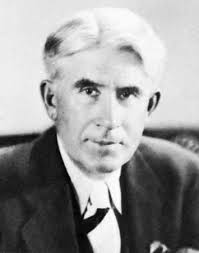 (Zane Grey, author of such stories as Riders of the Purple Sage)
(Zane Grey, author of such stories as Riders of the Purple Sage)
My favorite authors of all time were mystery writer Helen MacInnes, thriller writer Alistair MacLean, and Tony Hillerman. I also love the contemporary southwestern fiction of JA Jance and Michael McGarrity, although at times they are a little too edgy for me.
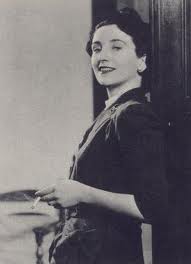 (Helen MacInnes, Scottish-American Espionage Novelist)
(Helen MacInnes, Scottish-American Espionage Novelist)
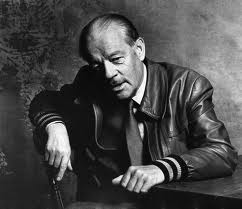
(Alistair MacLean)
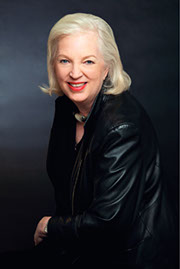
(J.A. Jance)
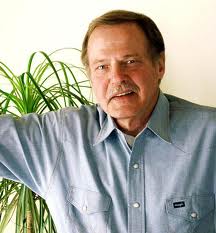
(Michael McGarrity)
Without question, though, I think Hillerman touched my writing more than anyone else. Not only did I love his writing and the way he captured the world he wrote in, but I respected his actual life and the person he was. It must have been from his example that I found it comfortable writing in the vignette style.
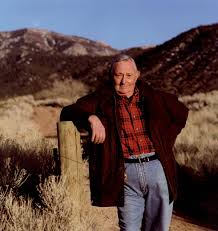 (Tony Hillerman, his greatest influence)
(Tony Hillerman, his greatest influence)
ME: Finally, please describe your favorite writing space (office, plateau, easy chair, whatever) in the voice of the tribal police officer, Allen Victor, from THE WHAM CURSE. (And I must have a picture.)
VIRGIL:
Mrs. Alexander had given Al a key to her murdered husband’s office, saying, “If you don’t mind, I’ll stay here on the porch swing. Take as much time as you wish looking at Virgil’s office, but I can’t face seeing it without him rattling around in there.”
As he entered the office, he stopped in shock. What a mess; I wonder if someone broke in and roughly searched the place. Piles of books, files, correspondence, bills, and even some kind of medication were heaped around the open laptop computer. There was a comfortable high backed armed chair at the desk, and the place barely had adequate light. How on earth did he create stories that tracked such order and detail in such a messy place? I think I’m going to have to move Mrs. Alexander to the top of the suspect list after seeing this.
(Ooh. I hope you don’t get into trouble for this, Virgil, with your wife.)
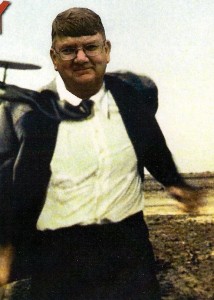 (He doesn’t look worried, does he?)
(He doesn’t look worried, does he?)
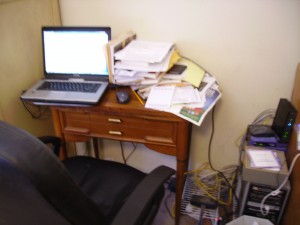
(His office “sweet”…Al wasn’t lying)
You can buy Virgil’s books from these physical or online bookstores listed here on his website.
I’m very pleased to be interviewing my friend Lisa Alber next Wednesday regarding the debut of her mystery set in Ireland, her writing life, and other things.
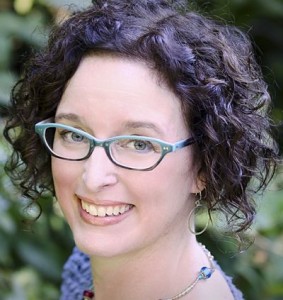
Originally posted 2014-05-07 06:00:06.
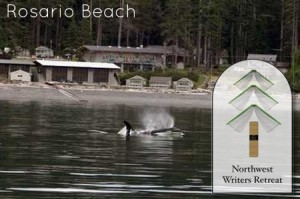 (ANWA Northwest Writers Retreat)
(ANWA Northwest Writers Retreat)

